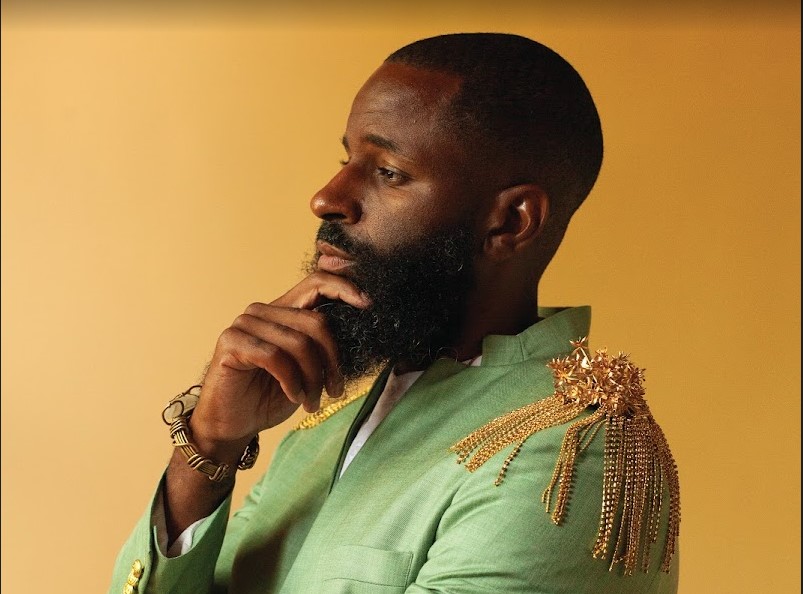For poet Harold Green III, honoring Black women is both a mission and a movement; in his new book, Black Roses, he dedicates a collection of poems to women who have inspired him. “This is for powerful Black women out there doing their thing,” says Green. “I’m very big on making sure people understand that they are appreciated.”
We spoke with Green about his book and his quest to change the societal narrative about Black women, one poem at a time.
Chicago Defender: How did Black Roses come to be?
Green: The project started out as written pieces that were performed as videos that were noticed by [rapper] Rhapsody, [Olympian] Allyson Felix, and later, Ava DuVernay. There was momentum with the videos and then COVID hit and I had to switch up my game plan. I contacted my [now] literary agent and that’s when the book came into play.
Chicago Defender: With all this ‘Black Girl Magic’ out there, there certainly was no shortage of women to highlight—how did you narrow it down to the ones listed in the book?
 Green: My goal has always been to create volumes of these books but my editor made the hard cuts because it was a difficult process for me to narrow down.
Green: My goal has always been to create volumes of these books but my editor made the hard cuts because it was a difficult process for me to narrow down.
Chicago Defender: There is indeed a wide representation of the women who were chosen…
Green: That was also a big part of curating the list. I wanted to make sure it was diverse. The book is directed at adults but it’s so digestible that it can even be for the middle school level, too. I think it’s important for people to see even from that young age that Black women can do it all.
Chicago Defender: Melissa Koby provided the illustrations for Black Roses; why was it important for you to collaborate with a Black woman for the artwork?
Green: I put together a list of 10 Black female illustrators and then some of the editorial staff already knew of her. There is a certain level of grace and power that comes through in her work. She chose warm color palettes which is what I wanted for Black Roses because, for me, flowers are very warm and embracing. I felt that embrace. And I think Melissa’s work feels like a hug.
Chicago Defender: What stands out about the illustrations is that the women are faceless, yet still very recognizable silhouettes. Was this by design, as a way for readers to see themselves in these women?
Green: That’s exactly it. I genuinely want everyone to see themselves in these women—not only in just their accomplishments but also in who they are in general.
Chicago Defender: Black Roses also pays homage to Black women from Chicago, including Jennifer Hudson, Mellody Hobson, and more. Tell us about your choice to honor the city in this way.
Green: I’m always trying to include Chicago in whatever I do. I also have my family who are Chicagoans in the book, and that is a proud moment for me. Chicago has such a worldly influence and is a breeding ground for greatness. I wanted to make sure that the book really showed that.
Chicago Defender: What do you want readers to take away from Black Roses?
Green: As a poet, it’s my job to put form to sentiment—to put words to feelings and emotions. When talking about Black women, through this project, I’m trying to create a language for us all to use because I don’t think we always have the right words. Black women are powerful and have touched so many lives, and I need them to be recognized for their contributions.
For more information about Black Roses, visit Harold Green.
LaShawn Williams is a Chicago-based freelance writer and arts and entertainment enthusiast. Find her on social media @MsWilliamsWorld

